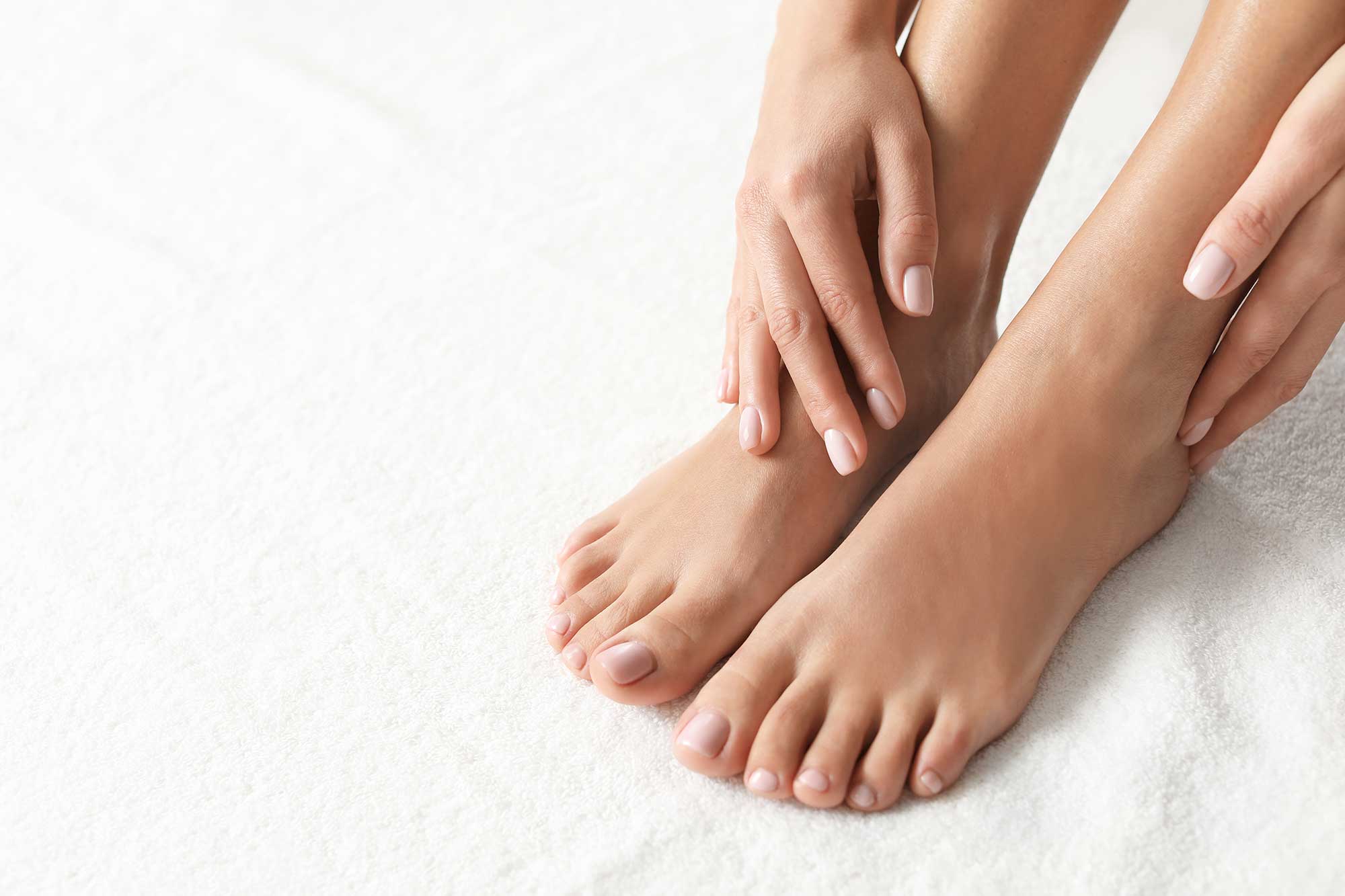Oral hygiene extends beyond the realm of a radiant smile. It’s a pivotal component of your comprehensive health. Your mouth, acting as an entryway to your internal organs, is a key site for the early detection of a range of diseases, including diabetes and cardiovascular conditions. By ensuring the cleanliness of your mouth and teeth, you can maintain a balance between beneficial and harmful bacteria, mitigating inflammation and promoting brain health. This article explores three indispensable tips for safeguarding your oral health.
- Maintain a healthy diet
Your dietary habits significantly influence your oral health. It’s not merely about the food you consume but also how it interacts with your teeth and gums. Foods abundant in calcium and phosphorous, such as milk, eggs, and cheese, can shield and restore your enamel. Fruits and vegetables, owing to their high water and fibre content, function as natural toothbrushes, cleaning your teeth and offsetting sugar. Vitamin C, present in citrus fruits and various vegetables, is vital for gum health and healing. Keep yourself hydrated with fluoridated water, and monitor your sugar and acid consumption. Sweets and simple carbohydrates can stimulate decay-inducing bacteria, while highly acidic foods and beverages can gradually wear down your enamel.
- Visit your dentist
Regular dental check-ups are not a luxury; they are an essential aspect of preserving your oral health. Don’t reserve dental appointments for special occasions or emergencies. Incorporate them into your routine health checks to ensure your oral health is consistently at its best. Avoid making excuses to delay your dental visit, as it could lead to costly consequences later. Consider professional teeth cleaning to curb inflammation-inducing bacteria that can trigger stroke. Also, if you observe your gums appearing shiny and bleeding, or you’re experiencing mouth sores, seek dental care promptly to prevent further deterioration. Dental X-rays can enable the dentist to examine and detect dental issues that are not easily observable. They can also identify oral cancer at an early stage by conducting tissue and gum examinations to determine the presence of malignant tissues.
- Floss daily
Though many people don’t take the time to floss after every meal, it is crucial to practise it. Flossing prevents plaques from building up between your gum line and teeth, reducing the risk of gum disease and tooth decay in the process. It is also an effective and low-cost way to improve your oral hygiene and overall health. If you find it impossible to floss after each meal, consider doing it twice a day. You can floss after or before you brush your teeth. If your teeth are close together, you can use wax coating as it helps you target the tight spaces easily. If you have gaps or braces, a super floss would be the best option. Most people find traditional floss difficult to use. There are other alternatives, like water and air flossers, as well as interdental brushes. When flossing, avoid forcing it and going too fast.
Proper oral hygiene can be maintained by incorporating and applying these habits into your daily life consistently.

















